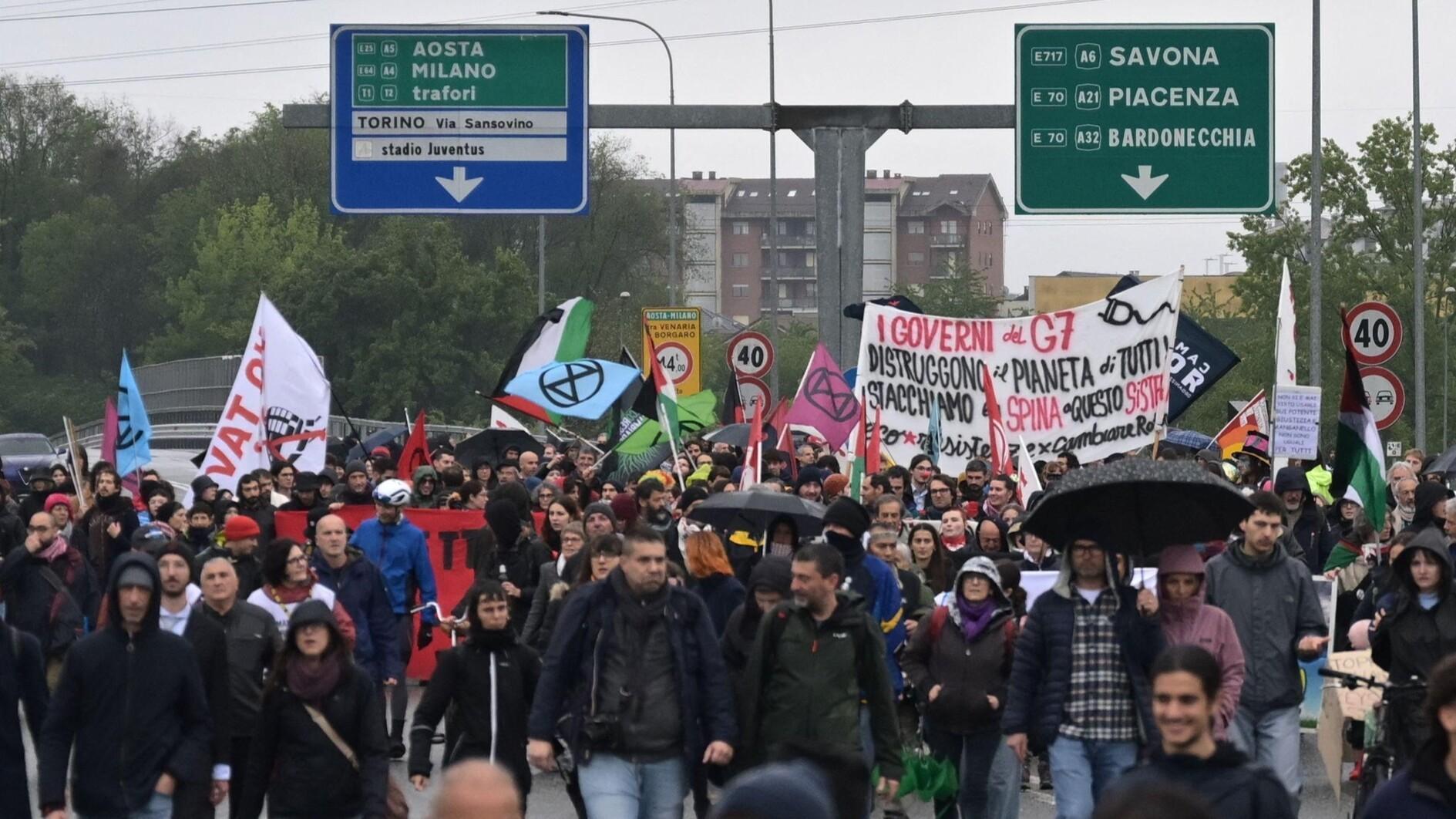Islam has to put its house in order
The brutal manner in which Muath al-Kasaesbeh, the Jordanian fighter pilot, was killed should act as a wakeup call for the Islamic world. Being killed in combat is obviously one of the occupational hazards every soldier has to face, but what al-Kasaesbeh had to suffer goes far beyond the call of duty.
What we are faced with here is barbarism: pure and simple. Trying to bring relativistic arguments by referring to events in Palestine or Afghanistan does not diminish this fact. The mistake of harboring secret sympathies for terrorists acting in the name of Islam because they are allegedly avenging the wrongdoings of Israel or the West should also be apparent now.
It also has to be acknowledged that a large number of innocent Muslims are being killed today in Iraq, Syria, Pakistan and Afghanistan in terrorist attacks perpetrated in the name of the sectarian divisions that exist in the house of Islam, and which have nothing to do with the West.
Neither is there room for differentiating between terrorism and acts that supposedly represents resistance to occupation and injustice, but which amount to terrorism by any definition. Nothing can justify the killing of innocent people because of the brutality of others.
When faced with attacks like the one against Charlie Hebdo in Paris, politicians in Turkey, starting with President Recep Tayyip Erdoğan, say terrorism has no religion. Politicians and opinion makers in the Arab world add that people who perpetrate these acts do not represent Islam.
Such reactions are aimed at trying to dissociate Islam from terrorism, as much as they are aimed at condemning terrorism. Whether they belong to al-Qaeda, the Islamic State of Iraq and the Levant (ISIL), the al-Nusra Front, Boko Haram, al-Shabaab or whatever name they prefer to go by, the simple fact remains that these groups act in the name of Islam.
The young people who are attracted to them may be driven by reasons relating to the social and economic conditions of their lives, but they justify joining these groups and the acts they perpetrate with Islam.
It is also not sufficient to explain the motives of young people who are prepared to become suicide bombers by declaring that they were driven by reasons other than religion. Ignorant and naïve as they may be, no one gives up their life for nothing. The religious appeal of “martyrdom” and belief in “eternal reward” cannot be overlooked.
Another thing that cannot be overlooked is how many clerics in the Islamic world are allowed to preach messages of hatred and vengeance that are no different to those of members of terrorist groups acting in the name of Islam.
Simply saying “terrorism has no religion,” or “Islam does not condone terrorism” is, therefore, not enough anymore. There are Islamic thinkers and commentators in Turkey today who are pointing to the bloodshed that has characterized Islamic history, and who are calling for serious soul searching by Muslims.
Words, however, are not sufficient. There is also the need for action to combat what is turning out to be the scourge of the century, and which is discrediting the religion of hundreds of millions of good people around the world.
Sheikh Abdullah bin Zayed al-Nahyan, the foreign minster of the United Arab Emirates, in his statement condemning the “obscene” and “brutal” killing of Al-Kasaesbeh referred to this as a “defining moment.”
It remains to be seen how the moment will be defined by Muslims. What is clear, however, is that the time has come for Islam to put its house in order.











